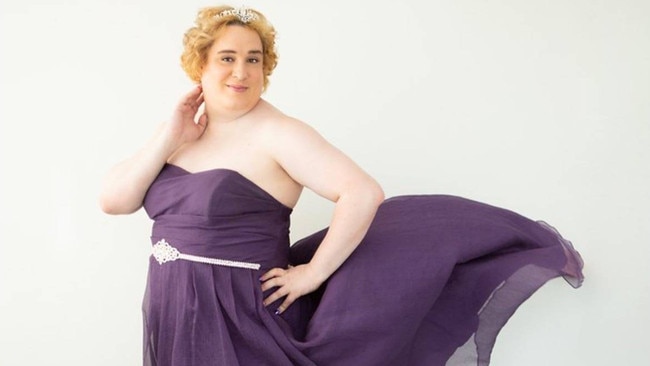The sex talk we have to have

Is the definition of womanhood up for grabs? If society confers that status on a biologically intact male who merely self-identifies as female, what will the consequences be? Already we have competitors in women’s sport who retain much of their male physical advantage. Will girls and women have to quell their “transphobia” if anti-discrimination law allows the “female penis” to gain entry to dorms, change rooms and toilets?
These are not idle questions. Victoria’s government is pushing a bill that allows self-identified trans people who have had no gender reassignment treatment or therapy to retrospectively alter the fact of their sex on a birth certificate, and potentially take up victim roles within the human rights system. Tasmania’s MPs have shown their defiance of biology’s oppression by making it optional to record sex on a birth certificate. Yaniv-style complaints could happen in both states.
MORE: No woman would act like this | New Victorian sex law a gender headache
Uneasy alliances within the LGBTI popular front are unravelling at a time when radical trans ideology is consolidating its influence within the public sector, universities, schools, big corporations and many media newsrooms. This has happened under the banner of “diversity” and with a tactical focus on the genuinely hard but rare cases of intersex people and those who make a difficult but successful gender change, sometimes after years of counselling and treatment. But the momentum is with self-identified trans status because the ideology allows a mere stated preference to cancel out everything else: biological sex, genitals, socialisation, conduct, appearance. Some parents, teachers and clinicians have been expressing disquiet about this trend, but rarely in public. Many people in the mainstream simply do not know what is going on.
This is an object lesson in what happens when free speech is suppressed and honest, often informed, opinions go underground. With courtesy, reason and compassion, we need a genuine debate about the transgender push. This is not “hate speech”; dissent is not offence. We’re up against a kind of psychiatric blackmail, being constantly warned that any departure from the progressive script will result in trans suicides. Young people should be reminded that there are many possible responses to life’s unkind words and contrary opinions — they can engage in debate, rebut, ignore or just laugh. It is recklessly self-fulfilling to teach them that exposure to disagreeable words or competing views has psychological injury as its inevitable outcome.
The diversity that has captured institutions is not variety of thought;
it is identity politics dealing in slogans. “A trans woman is a woman,” they say, with no wish to weigh other points of view or inconvenient facts. Our universities are heavily implicated in this science-denialism, dating back to postmodernism. This month, when a “gender sceptical” scholar faced an attempt to intimidate and “deplatform” her at the annual philosophy conference, the discipline’s association put out a diversity-speak statement acknowledging the “serious concerns” of would-be censors and failing to make any reference to her academic freedom.
Activist-educators have created an atmosphere in which some young people come to see trans status as a badge of victim prestige. Too often, those in power have waved through “diversity” policies without asking difficult questions because they feared being assailed as bigots. But will they be forgiven by trans kids who — years from now — declare it was all a mistake, and nobody properly informed them about the choice or its risks?


The story of Canadian trans woman Jessica Yaniv invites disbelief yet undoubtedly raises questions of principle with real-world effects (starting with the ordeal of 12 female beauticians hauled before a Vancouver human rights tribunal because they did not wish to handle Yaniv’s penis when performing a Brazilian wax).